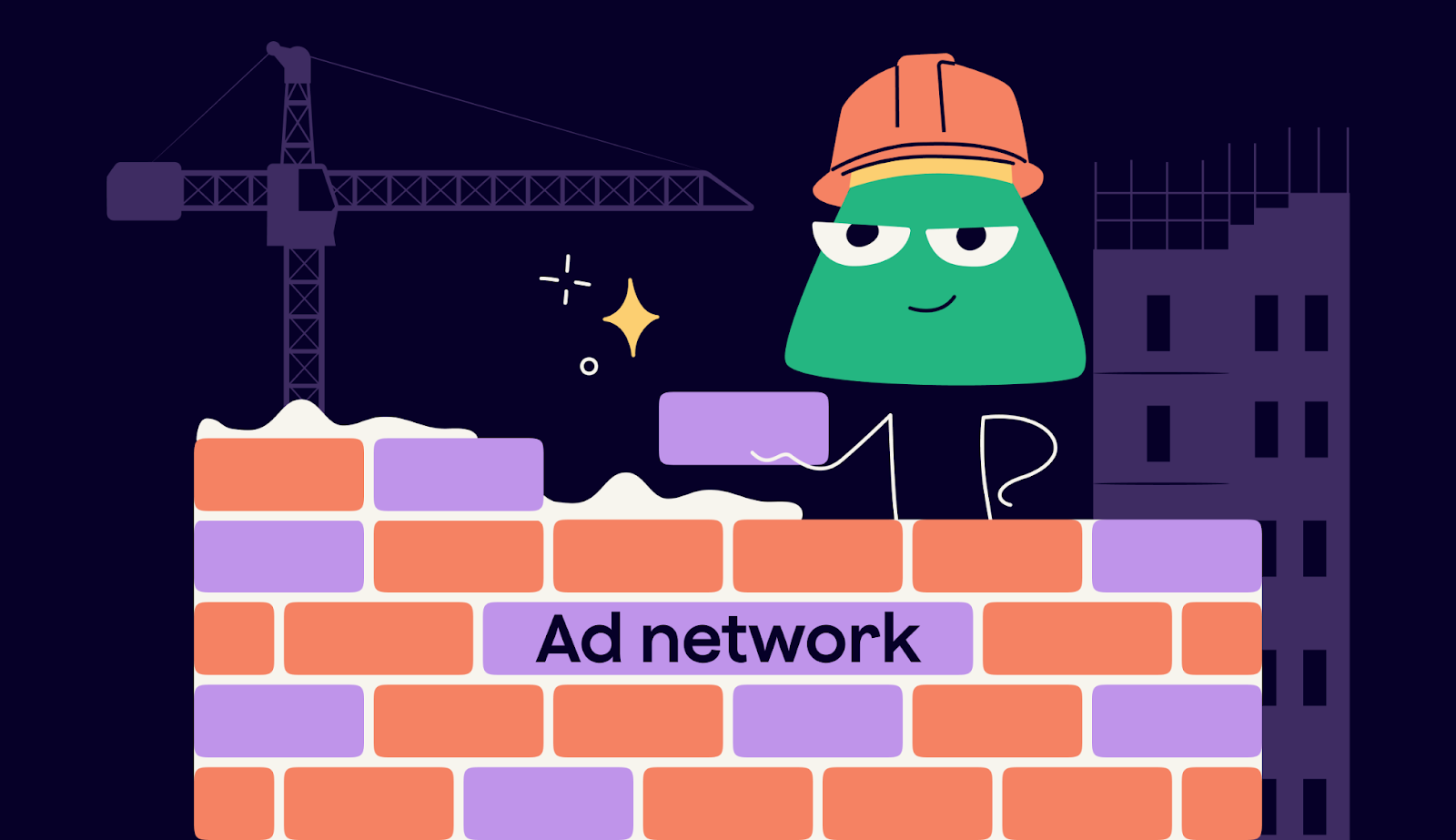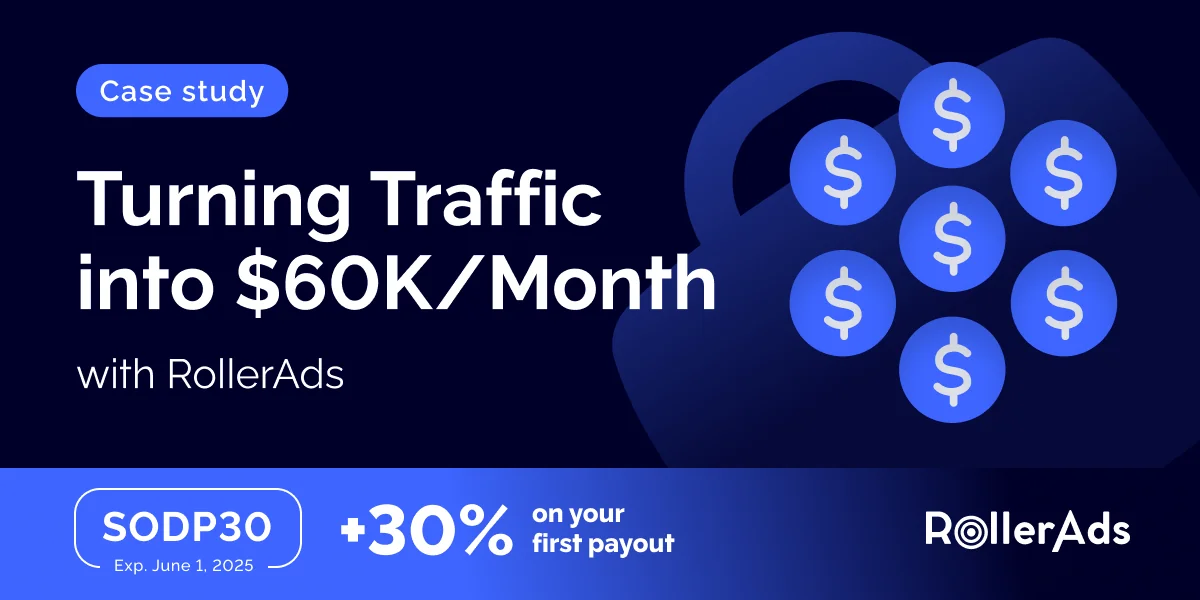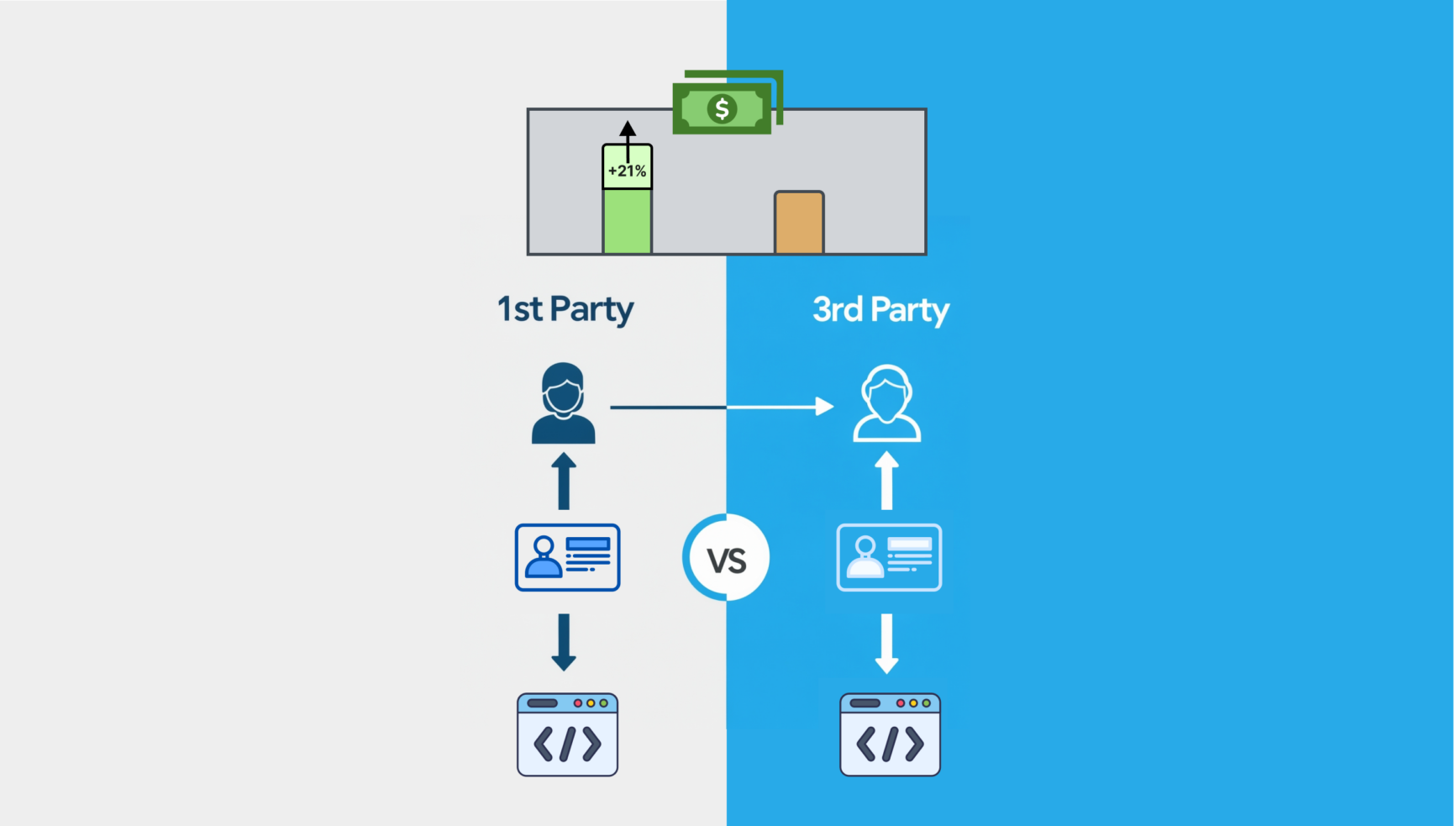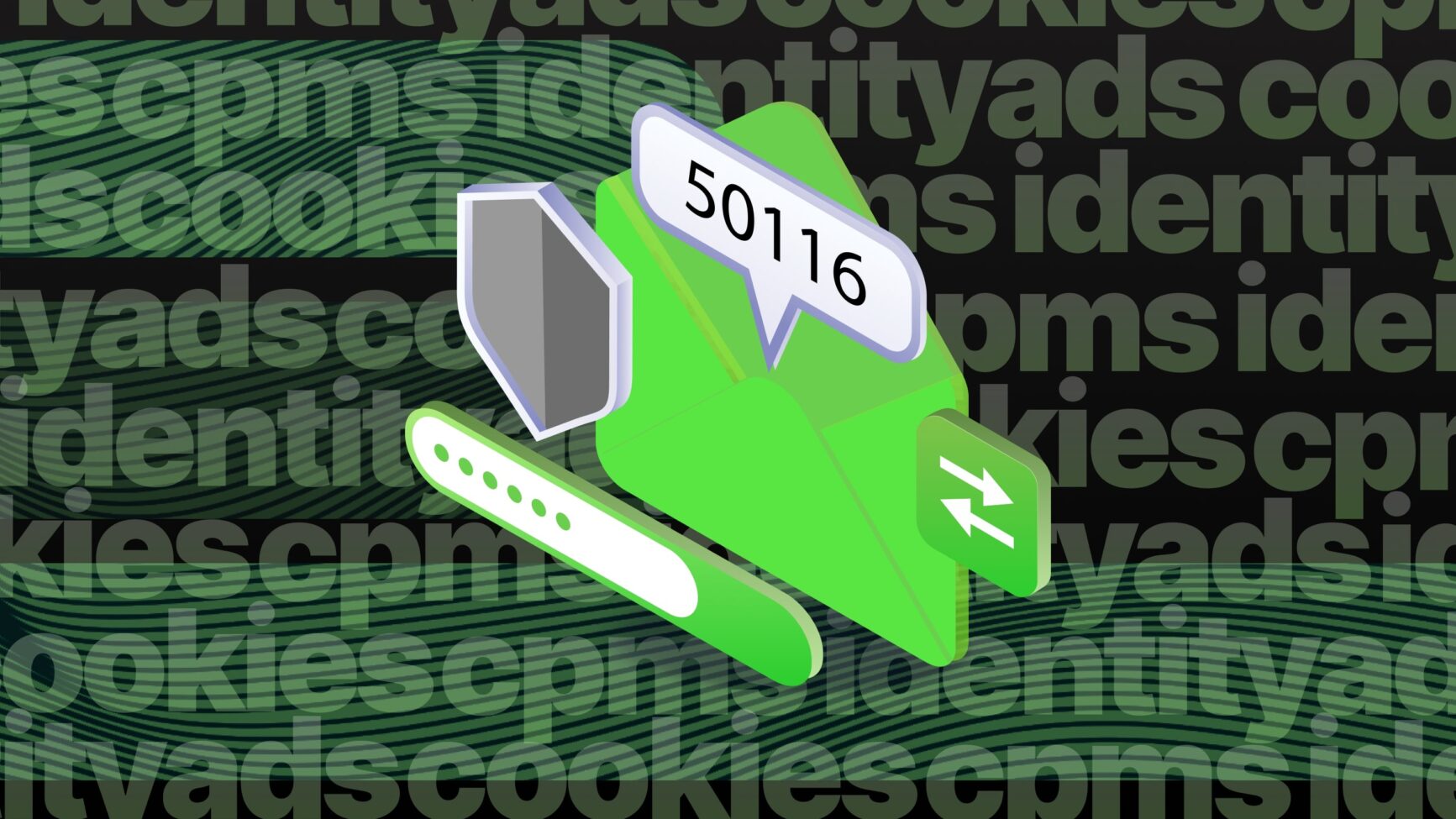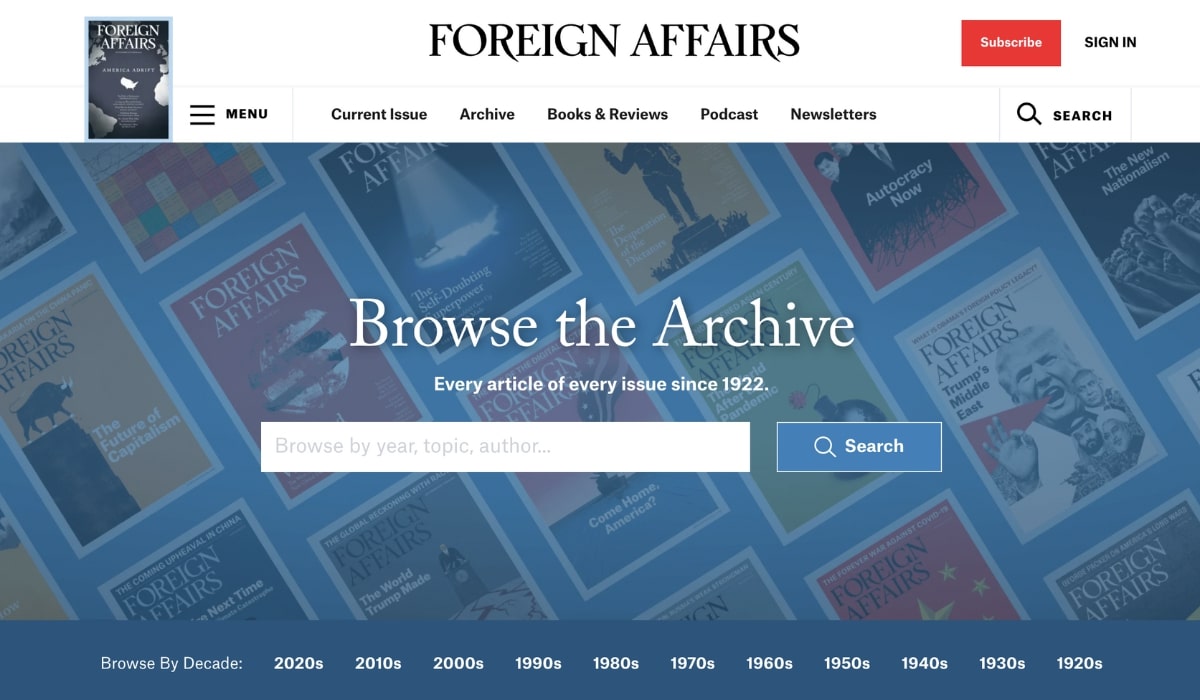Sentiment over generative AI is experiencing a course correction in the wake of Google and Microsoft’s missteps in implementing LLMs.
Publishers are now tackling the real-world implications of a tool that can spit out reams of copy in the blink of an eye for users with very little writing experience. Concerns are mounting over a flood of low-quality AI written stories swamping submission desks. Others, meanwhile, are asking serious questions about where AI is getting the data it’s repurposing.
Editor’s Note: Monetization in the Age of AI
Sentiment over generative AI is experiencing a course correction in the wake of Google and Microsoft’s missteps in implementing LLMs. Publishers are now tackling the real-world implications of a tool…
Updated On: December 1, 2025
Table of Contents
Subscribe to AI insights
- Trending pubtech resources
- Review of pubtech and adtech tools
- Valuable pubtech strategies

By Vahe Arabian
Founder at SODP
Related Posts
-
How to Build Your Own Ad Network: A Step-by-Step Guide
-
A Story of How RollerAds’ Publisher Made $60,000
-
Publisher Used First-Party Data To Cash-In On 4th Quarter
-
The Web’s Largest List Owners Are Winning While Traditional Sites Fall Behind
-
Sites Seeing Higher CPMs Using Ad IDs & First-Party Data Solutions
-
Ethereum-Powered Publishing: Can Crypto Payments Redefine Author Royalties?
-
Building the Optimal Monetization Team
-
Foreign Affairs Magazine: Taking a Niche Product and Punching Above Its Weight

State of Digital Publishing is creating a new publication and community for digital media and publishing professionals, in new media and technology.



